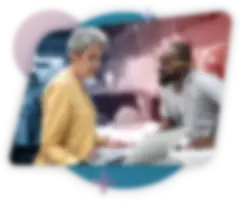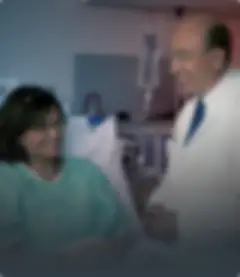Talend customers
Learn from the companies that are leading the way and generating real value by prioritising data health


Featured success stories



Brewing up the best consumer experience



Delivering analytics at lightning speed with Talend and AWS



Building data-enabled preventative healthcare with Talend
Experience breakthroughs in data health
Products Region Industry